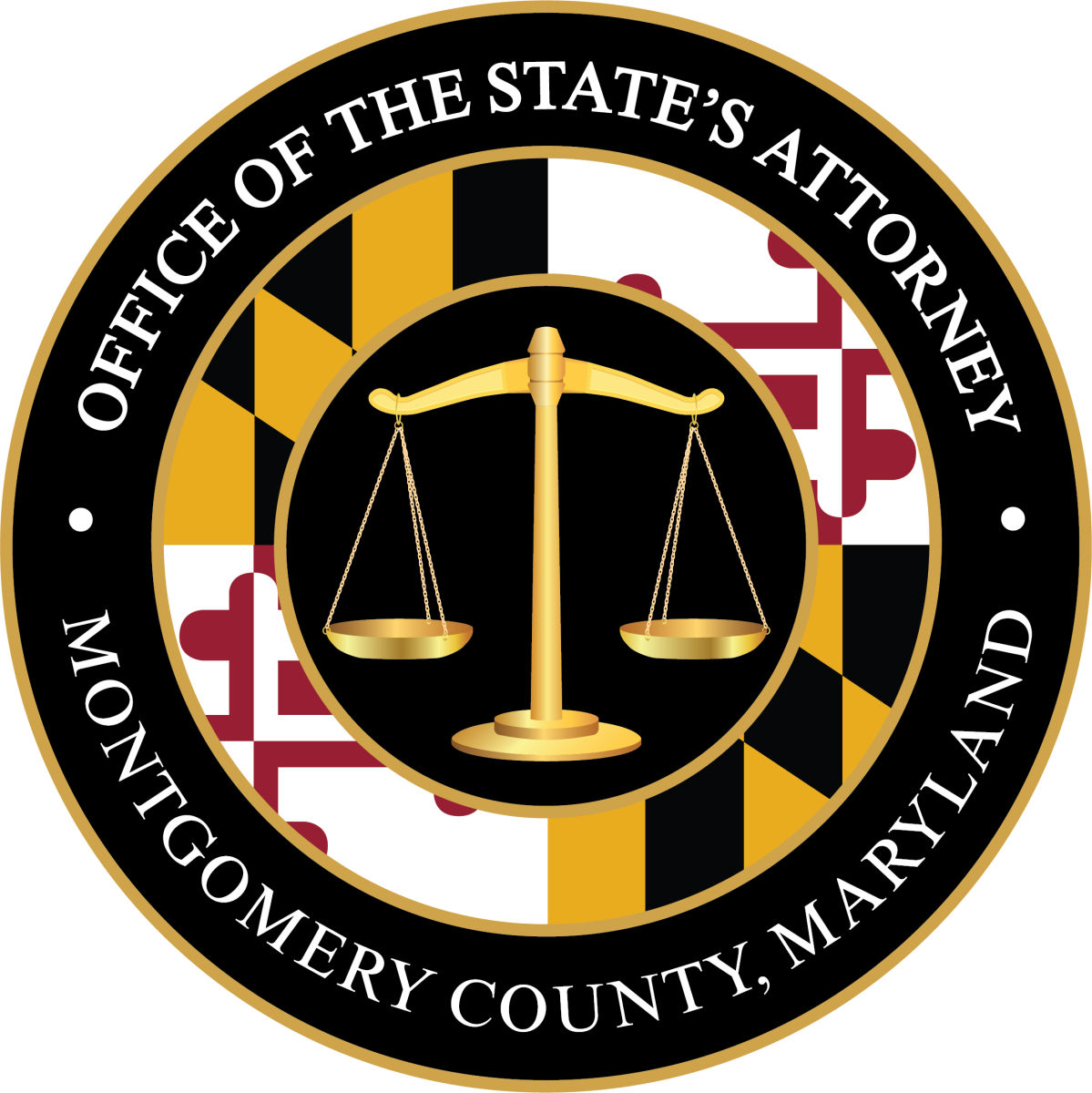Sanitizing Against COVID-19 Scams
Scammers are taking advantage of fears surrounding the COVID-19 pandemic.
Here are some tips to keep you and your loved ones safe:
- Urgent Language: Scammers will make the situation seem urgent and dire, trying to force you to act quickly.
- What You Can Do: Never let anyone pressure you into making decisions. Take your time and talk to someone you trust first.
- Robocalls: Scammers may call pretending to be from the government, charities, health care agencies, etc. Never provide personal information like your date of birth, social security number, financial data, or other personal information in response to an email or robocall.
- What You Can Do: You can sign up for the National Do Not Call Registry ( www.donotcall.gov) or Nomorobo ( www.nomorobo.com) to stop unwanted telemarketing calls.
- Phishing Emails: Scammers will send out phishing emails asking you to give personal information or money. These emails may claim to be about the government stimulus, airline ticket refunds, or fake tests. Never click on links or provide personal information over email.
- What You Can Do: Always call individuals or companies directly to verify emails before providing information or sending money.
- COVID-19 Tracking Apps: These apps are often fraudulent and can be used to steal your information or control your phone.
- What You Can Do: Johns Hopkins University and Medicine ( www.coronavirus.jhu.edu) has created an interactive map to track COVID-19 incidents, deaths, and recoveries.
- Information from “Experts”: Be cautious of phone calls and emails claiming to be from the World Health Organization, the Centers for Disease Control, and other experts.
- What You Can Do: For up to date information, you can visit the Centers for Disease Control and Prevention ( www.cdc.gov) and the World Health Organization ( www.who.int).
- Promises of a Vaccine or Cure: Be cautious of anyone selling products that claim to prevent, treat, diagnose, or cure COVID-19. Scammers are selling counterfeit products such as sanitizer, facemasks, gloves, etc. Similarly, scammers may try to get you to invest in research for a vaccine promising high rewards.
- What You Can Do: While there is no cure or vaccine for COVID-19, the World Health Organization recommends the following things to help stop the virus: wash your hands often and thoroughly; cough / sneeze into your elbow; don’t touch your face; keep a safe distance from others; stay home as much as possible.
- Impossible to Find Products: Online scammers are selling hard to find products far above market value. Others will take your money and never send the products at all.
- What You Can Do: Always read the reviews of sellers before buying from them. Search for the company’s name online, using key words like ‘scam’ or ‘fraud’.
- Testing for Medicare Beneficiaries: Scammers are offering COVID-19 testing to Medicare beneficiaries in exchange for personal information. Never provide personal information in an unsolicited phone call.
- What You Can Do: If you are in need of COVID-19 testing, you should call your primary care doctor or local urgent care.
- Threats to Suspend Your Social Security Benefits: Scammers are targeting Social Security beneficiaries, claiming that their benefits will be suspended due to office closures. Scammers use this fear to solicit personal information and money from the beneficiaries.
- What You Can Do: Remember that the Social Security Administration will never promise to suspend, cut off, or increase your benefits in exchange for a fee. If you are concerned about your benefits, contact the Social Security Administration directly at www.ssa.gov or 1-800-772-1213.
- At Your Door: Never open your door to someone you do not know. Scammers may come to your door offering a COVID-19 home test, to disinfect your home, or do other home repairs.
- What You Can Do: Keep your neighbors informed of any door-to-door scams you have seen in your neighborhood.
- Asking for Donations: Scammers will pull on your heartstrings asking for money for illegitimate or non-existent charities.
What You Can Do: If you are considering making a donation, do your research at BBB Wise Giving Alliance ( www.give.org/), Charity Watch ( www.charitywatch.org/), or Charity Navigator ( www.charitynavigator.org/).
Reporting Scamms and Other Forms of Abuse, Neglect and Exploitation
Adult Protective Services (Reports may be made anonymously)
- Montgomery County: 240-777-3000
- Other Counties in Maryland: 1-800-332-6347
- Washington, DC: 202-541-3950
- Northern Virginia: 703-324-7450
Federal Trade Commission: www.ftc.gov
Maryland Attorney General’s Consumer Hotline: 410-528-8662
Virginia Attorney General’s Consumer Hotline: 1-800-552-9963
Washington, DC - COVID-19 Pandemic Fraud Hotline: 202-252-7022
